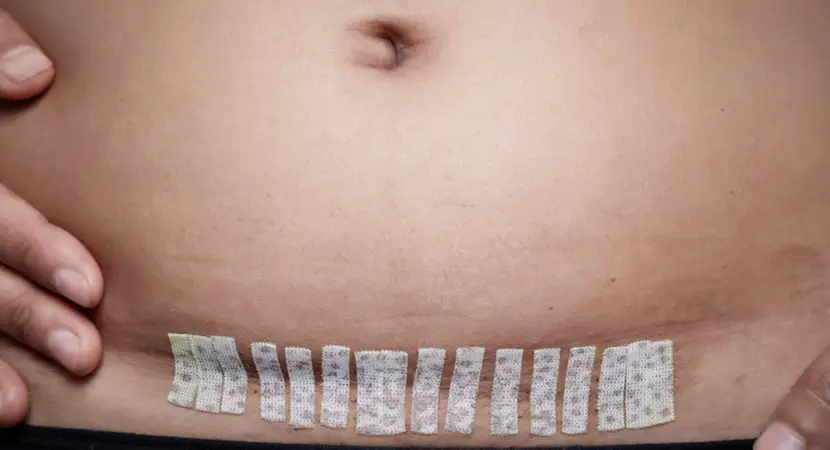Partial hysterectomy has various side effects among them changes in the menopause structure. Studies show that the younger women who undergo the procedure are at higher risk of early menopause. Menopause refers to the situation in which a woman becomes incapable of conceiving. It is a condition that is marked by various hormonal changes leading to complete stop of the monthly menstrual periods. Studies have also shown that early menopause leads to increase in osteoporosis risk and cardiovascular diseases. The prevailing medical practice requires that the ovaries should be preserved during partial hysterectomy so as to reduce the likelihood of those risks occurring. Another study shows that the procedure can cause early menopause even when the ovaries are not removed during the surgical procedure.
How would you know that you are experiencing menopause symptoms after partial hysterectomy? The diagnosis of menopause happens after the fact if you have not experienced menstruation for the last 12 months. FSH (Follicle Stimulating Hormone) test can be used in conjunction with the symptoms that you are experiencing so as to make better assessment of whether or not you are transitioning to menopause after this surgical procedure. Some other conditions may cause the common symptoms of menopause such as night sweats or hot flashes and it is because of this reason that it is recommended and advised that you should consult a physician or other medical professional for examination and advice if you suspect that you may be developing menopausal symptoms after undergoing the surgical procedure.
MUST READ: Partial Hysterectomy: How Does a Partial Hysterectomy Work?
MUST READ: Partial Hysterectomy vs. Total Hysterectomy
What causes menopause after partial hysterectomy? This is a question that is frequently asked by many women who are about to undergo this surgical procedure. Well, the cause of menopause is when the ovaries of a woman do not contain eggs that are functioning. In consequence, there is decrease in the levels of her testosterone and estrogen hormones. Although most of the women experience few or no symptoms at all, some others may relate the changes that occur to their physical or mental well being. These may include one, some or all of the following and various other symptoms.
- Hot flashes lasting 30 seconds or longer at a time. These flashes develop from nowhere and cause experience of warmth all over the body. Some other women may experience skin flush that is followed by perspiration. This feeling may last for as long as five years or even about 10 years after the surgical procedure.
- Vaginal pain, itching or dryness. The experience or severity of this condition may get worse during sexual intercourse.
- Increase in the frequency and severity of infections of the urinary tract because of the changes that occur because of thinning of the tissues that surround the urethra lining and the vagina. Urethra is the tube that drains out urine from the bladder through the vaginal opening.
- Increased urinary incontinence risk.
- Mood swings, fatigue and irritability.
- Insomnia
- Anxiety and depression.
- Cosmetic changes such as depressed muscle mass and increase in body fat.
- Decrease in the libido or sex drive.
If you experience any of these symptoms after partial hysterectomy then you are experiencing menopausal symptoms associated with the condition.

